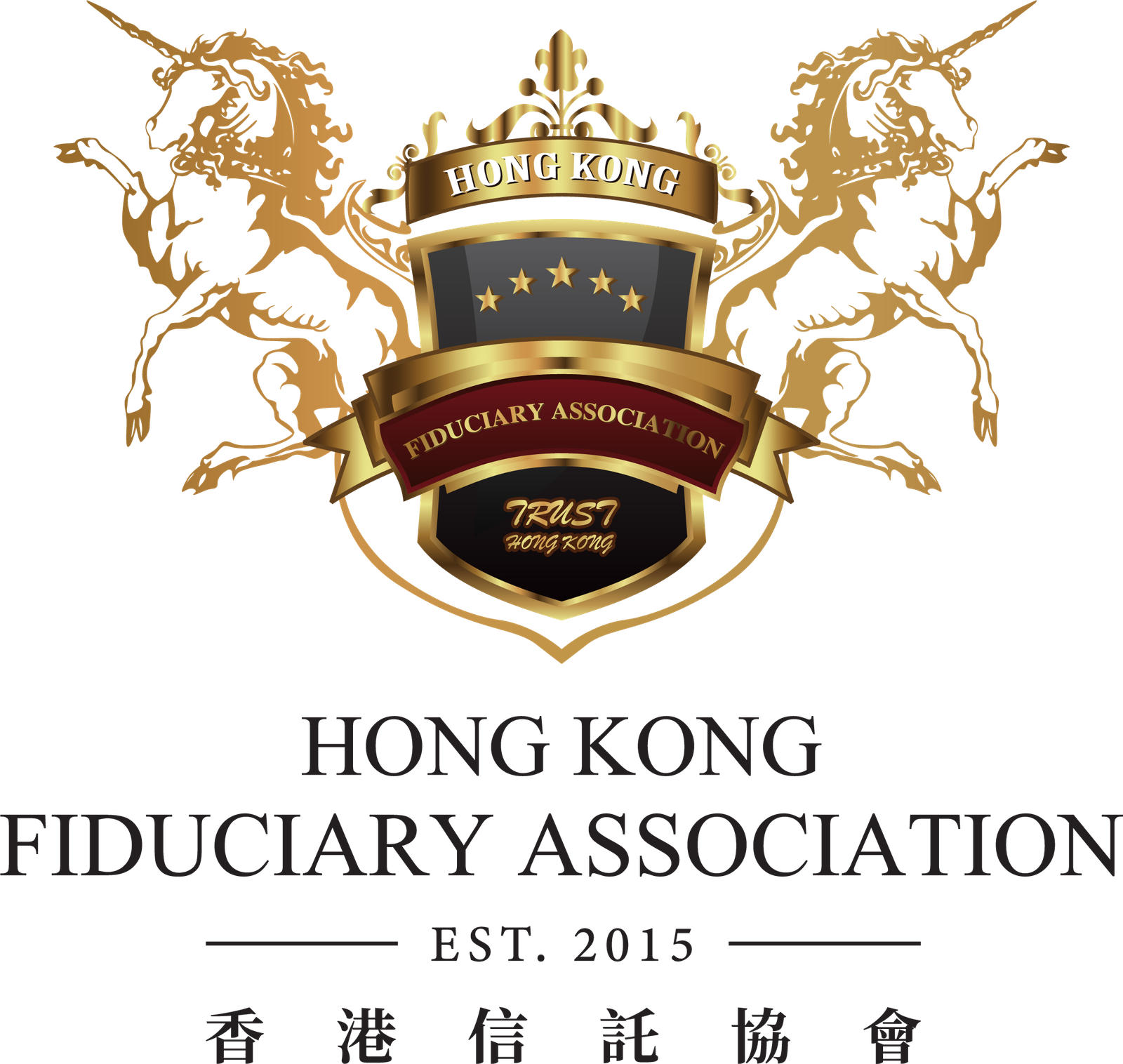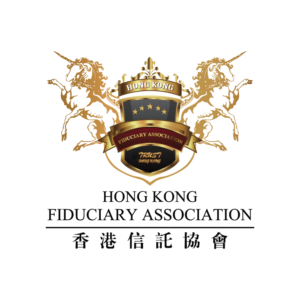What Is a Trust?
A trust is a legal structure where assets are transferred to a trustee, who holds and manages them on behalf of beneficiaries. Often used in estate planning and wealth structuring, it allows the settlor to control how and when assets are distributed.
For a full definition of a trust, the concept has long been used in common law jurisdictions to preserve privacy, protect assets from disputes, and avoid delays in inheritance processes.
Why People Register Trusts
Whether you’re building a family legacy or safeguarding international holdings, trust structures offer flexibility and long-term control. Common reasons for setting up a trust for expats include:
Protecting assets from litigation or forced heirship
Managing inheritance discreetly
Planning for dependants with special needs
Holding international property or business shares
Supporting cross-border succession goals
These motivations are especially relevant for individuals in Dubai whose lives and assets span multiple jurisdictions.
Trust Registration in Dubai: Limited but Growing
In the UAE, trust registration is still relatively niche. While frameworks exist in zones like DIFC and ADGM, the concept remains unfamiliar to many residents. Most UAE-based individuals exploring wealth protection eventually look offshore — favouring common law trust jurisdictions that offer predictability and discretion.
Comparing these options requires understanding what each jurisdiction allows in terms of flexibility, control, and enforcement. While the UAE has made progress, the maturity of other regions can be compelling.
Why Consider Offshore Trust Setup in Hong Kong?
Hong Kong remains a preferred jurisdiction for offshore trust setup thanks to its legal clarity, infrastructure, and global neutrality. It operates under English common law, which is widely recognised and enforced. The legal structure of trusts in Hong Kong allows for modern, purpose-built planning.
As a financial hub, it supports cross-border banking, regulated trustees, and long-term asset management. Trust registration in Hong Kong is straightforward, private, and supported by a well-established ecosystem.
Who Uses This?
For example, a Dubai-based business owner with overseas property and children living in different countries might register a Hong Kong trust to consolidate holdings, ensure clarity in distribution, and avoid local court involvement. The trust would allow controlled access to assets, managed by professionals, regardless of where the family relocates.
What Can a Trust Hold?
Trusts can be structured to include:
Shares in private companies
Overseas real estate
Investment portfolios
Digital assets such as crypto
Reserved income for dependants or spouses
Life insurance proceeds
These are managed by appointed trustee services in Hong Kong, who act according to the terms of the trust deed while ensuring compliance and safeguarding.
Trustee Services in Hong Kong
Registered trust companies provide trustee services in Hong Kong. These firms administer assets, execute distributions, and ensure alignment with both settlor intent and evolving regulations.
Licensed professionals are required to comply with Hong Kong’s Trust and Company Service Provider (TCSP) licensing regime, which adds a layer of protection for clients. Their role ensures that once the trust is established, it operates securely, efficiently, and without unnecessary exposure.
Final Thoughts
Registering a trust isn’t just about tax or inheritance. It’s about defining your terms — who benefits, when, and how — with legal precision.
For Dubai residents who value long-term control, international flexibility, and privacy, offshore trust setup in Hong Kong provides a clear, proven path. As families grow, assets spread, and obligations become more complex, using a trust structure for wealth protection becomes not just smart — but essential.
Creating a trust is increasingly seen as a foundational wealth planning strategy. It lets you manage tomorrow’s complexity, today — from anywhere.

 Chinese (Simplified)
Chinese (Simplified)




